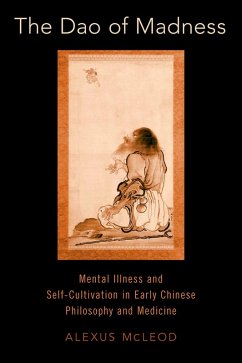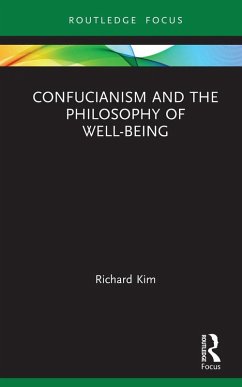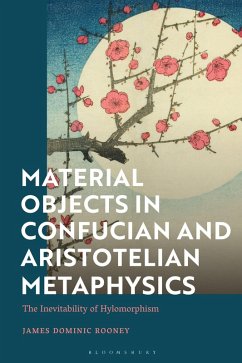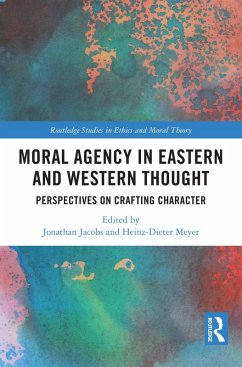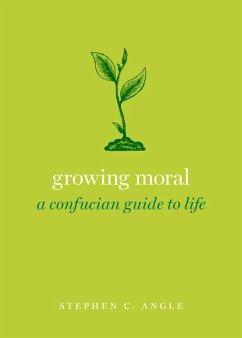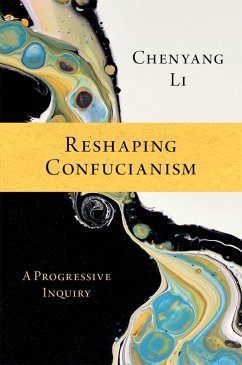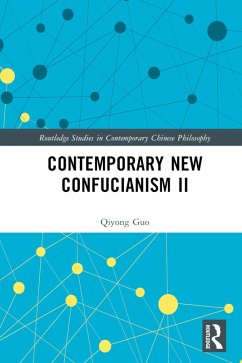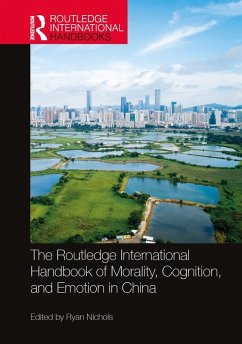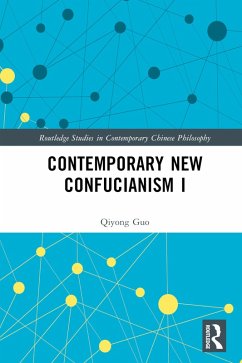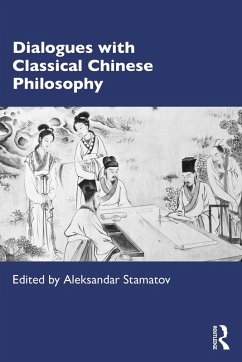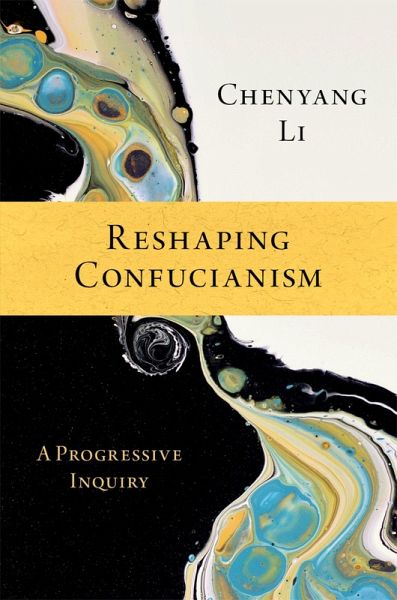
Reshaping Confucianism (eBook, ePUB)
A Progressive Inquiry
Versandkostenfrei!
Sofort per Download lieferbar
15,95 €
inkl. MwSt.
Weitere Ausgaben:

PAYBACK Punkte
8 °P sammeln!
As a living and evolving tradition, Confucianism has been continuously defined and redefined in response to the changing political and social context of China's history. Extending this effort in reconstructing Confucianism, philosopher Chenyang Li critically analyzes and develops a series of core ideas that originated from classic Confucian texts and does so in the context of contemporary scholarly discourse. These core ideas include he (dynamic harmony), ren (care-centered virtue), li (ritual propriety), xiao (filial care), bie (gender equilibrium), you (friendship), shou (longevity), sheng (...
As a living and evolving tradition, Confucianism has been continuously defined and redefined in response to the changing political and social context of China's history. Extending this effort in reconstructing Confucianism, philosopher Chenyang Li critically analyzes and develops a series of core ideas that originated from classic Confucian texts and does so in the context of contemporary scholarly discourse. These core ideas include he (dynamic harmony), ren (care-centered virtue), li (ritual propriety), xiao (filial care), bie (gender equilibrium), you (friendship), shou (longevity), sheng (sagehood), ziyou (freedom), ping (equality), zheng (politics), and jiao (civic education). Li combines in-depth analysis of historical teachings with systematic deliberation on their contemporary significance, reflecting the current state of the field of research. Each chapter shows how seminal ideas in Confucianism were conceived and developed by ancient thinkers and how these ideas can be reconstructed and aligned in a sensible Confucian philosophy that responds to contemporary challenges. Over the course of its survey of Confucian philosophy, the book raises and investigates fundamental questions: How central is harmony as a Confucian value? Can Confucian sages be wrong? Is Xunzi's philosophy of filial care more progressive than Confucius' and hence more suitable in contemporary society? What is the best form of Confucian gender equality today? Is the model of politics without politicians a viable way for realizing the Confucian political ideal of the good society? Study questions are provided for each chapter to assist students to comprehend key points and develop their own views.
Dieser Download kann aus rechtlichen Gründen nur mit Rechnungsadresse in A, B, BG, CY, CZ, D, DK, EW, E, FIN, F, GR, HR, H, IRL, I, LT, L, LR, M, NL, PL, P, R, S, SLO, SK ausgeliefert werden.




